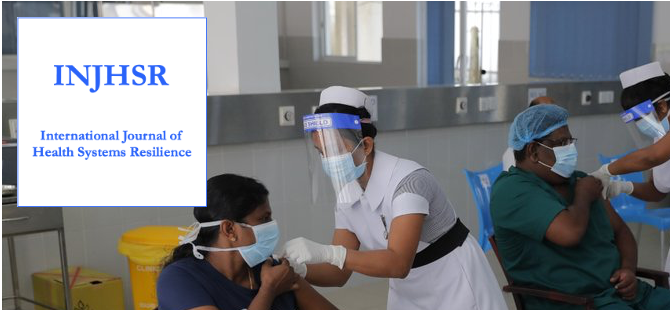
R. M. Nayani Umesha Rajapaksha, Aindralal Balasuriya, Chrishantha Abeysena, Millawage Supun Dilara Wijesinghe, Suranga Manilgama, Tom K. Thomas, Yibeltal Alemu Assefa
https://orcid.org/0000-0002-4641-903X
Abstract
The foremost concern of disaster management is to minimize human suffering, where the health sector has to play a critical role. Doctors play a major role by getting directly involved as the decision-makers and first responders in patient management. The study aimed to assess the individual level capacity of the doctors for the management of mass casualty incidents following disasters in the major curative healthcare provider in Sri Lanka. An institution-based descriptive cross-sectional survey was carried out among all doctors who were permanently attached to the institution, using a self-administered, pre-tested, validated questionnaire from March 2016 to January 2017. Response rate was 89.9% (n=346). Among them, 28.9 % (n=100), 27.5% (n=95), 38.2% (n=132), 25.7% (n=89), 6.9% (n=24) had good knowledge, attitudes, experience, formal training, and participated in simulations, respectively. Further, 46.8% (n=162) had the desired goal for the management of mass casualty incidents. Those at first respondent units were more likely to have good knowledge than those at other units (p<0.05). Those who had desired goals were significantly more likely to have good knowledge, good attitudes, and prior training in the management of mass casualty incidents (p<0.001). There is a clear need for improvement in the capacity by conducting awareness programs.
Key words: Ministry of Health, Sri Lanka, Curative Healthcare
